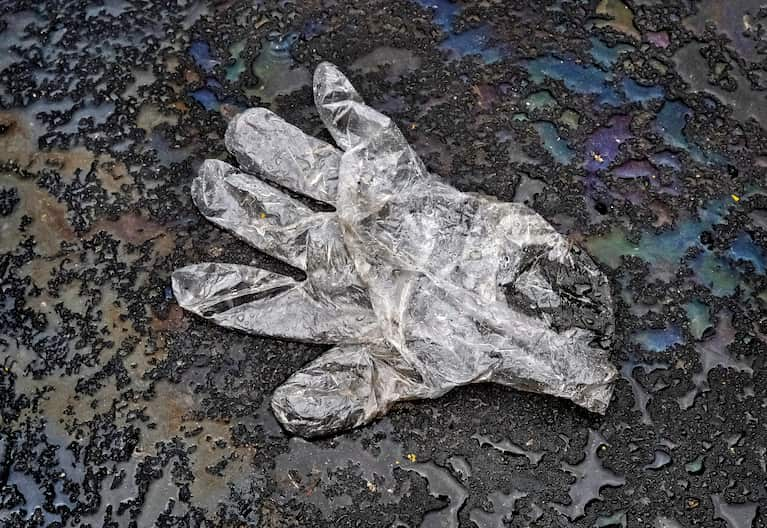Even as most Americans spent the past two months hiding indoors, Damion Campbell has been rushing into retail and grocery stores in Columbia, S.C., each day.
The 45-year-old owns an information technology company, and his clients rely on him to keep their cash registers operating. Just a few months ago, Campbell didn’t think much about touching surfaces that may not have been washed for days or longer, or chatting with employees while he does his work.
But now, Campbell finds himself applying his military training to his civilian job. In the age of the novel coronavirus, that means stocking up on disinfectant wipes, always wearing a mask and never staying in one location for more than an hour, he said.
“You keep your head at the swivel, be aware of your surroundings, and avoid patterns,” said Campbell, referring to lessons he learned as a Marine deployed to Iraq nearly two decades ago. “You are constantly looking over your shoulder.”
With tens of millions of Americans preparing to return to work as more states relax stay-at-home orders, Campbell’s experiences offer a preview of the new challenges that businesses and employees will soon face as commerce begins reopening in a new era of anxiety and apprehension.
A Washington Post-Ipsos poll of more than 8,000 adults in late April and early May found that nearly 6 in 10 Americans who are working outside their homes were concerned that they could be exposed to the virus at work and infect other members of their household. Those concerns were even higher for some: Roughly 7 in 10 black and Hispanic workers said they were worried about getting a household member sick if they are exposed at work.
Nearly 1 in 3 Americans — and over half of those with jobs — have continued to leave the house for work at least once a week as the virus has spread and states have issued stay-at-home orders, the poll found. More than one-third of people still going to work said they or a household member has a serious chronic illness, and 13 percent said they lack health insurance themselves.
Source: The Washington Post




